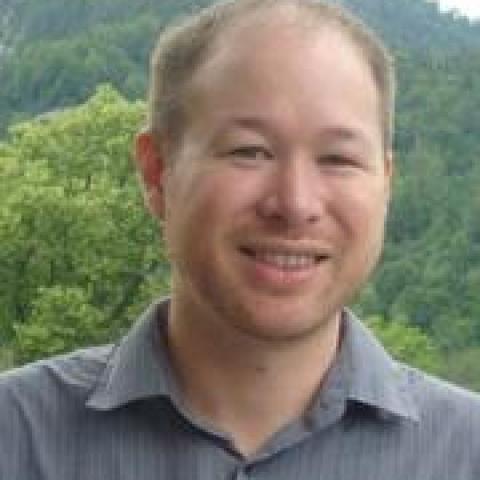
Professor John Wise uses numerical simulations to study the formation and evolution of galaxies and their black holes. He is one of the lead developers of the community-driven, open-source astrophysics code Enzo and has vast experience running state-of-the-art simulations on the world’s largest supercomputers. He received his B.S. in Physics from the Georgia Institute of Technology in 2001. He then studied at Stanford University, where he received his Ph.D. in Physics in 2007. He went on to work at NASA’s Goddard Space Flight Center just outside of Washington, DC as a NASA Postdoctoral Fellow. Then in 2009, he was awarded the prestigious Hubble Fellowship which he took to Princeton University before arriving at Georgia Tech in 2011, coming back home after ten years roaming the nation.
- Computational Astrophysics
- High Performance Computing
